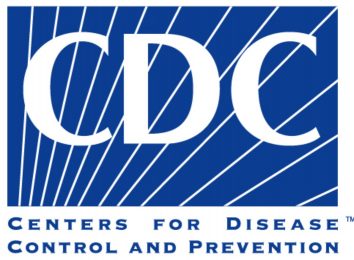Concussion Recovery in Young Children Take Home Point: This study suggests that children aged 5-12 years old with concussion have similar trajectories of recovery regardless of mechanism of injury. Citation: Ledoux A, Sicard V, Bijelic V, et. all. Symptom Recovery in Children Aged 5 to 12 Years With Sport-Related and Non–Sport-Related Concussion. JAMA Netw Open. 2024 Dec 2;7(12): e2448797. doi: 10.1001/jamanetworkopen.2024.48797. Relevance: More knowledge about the natural history of concussion in children can help …
Read More









